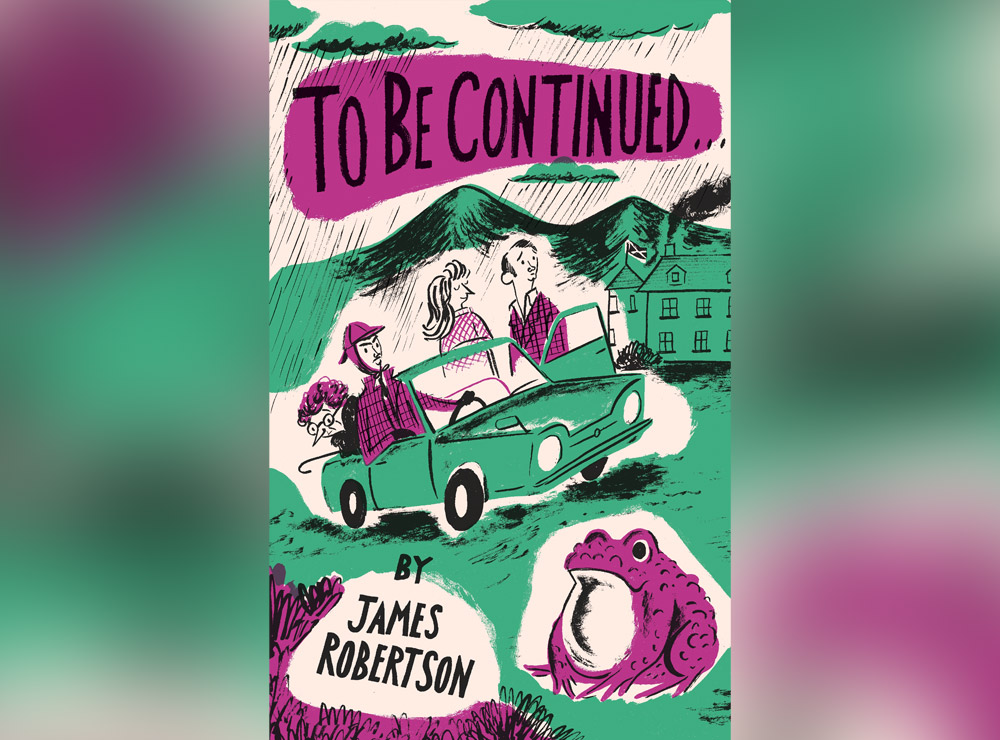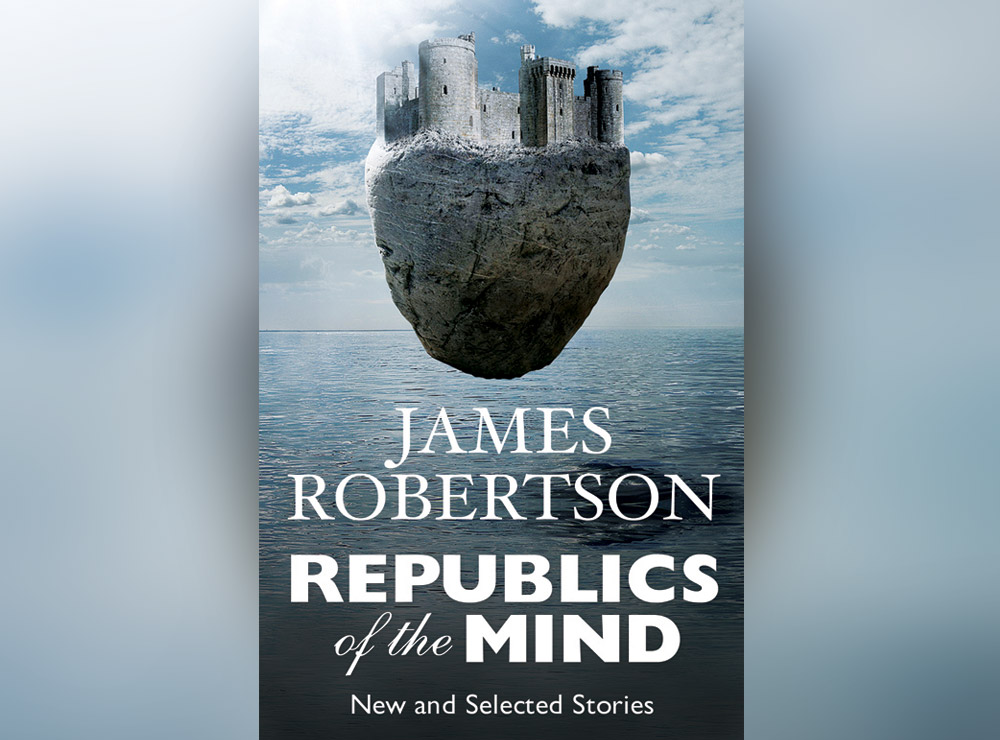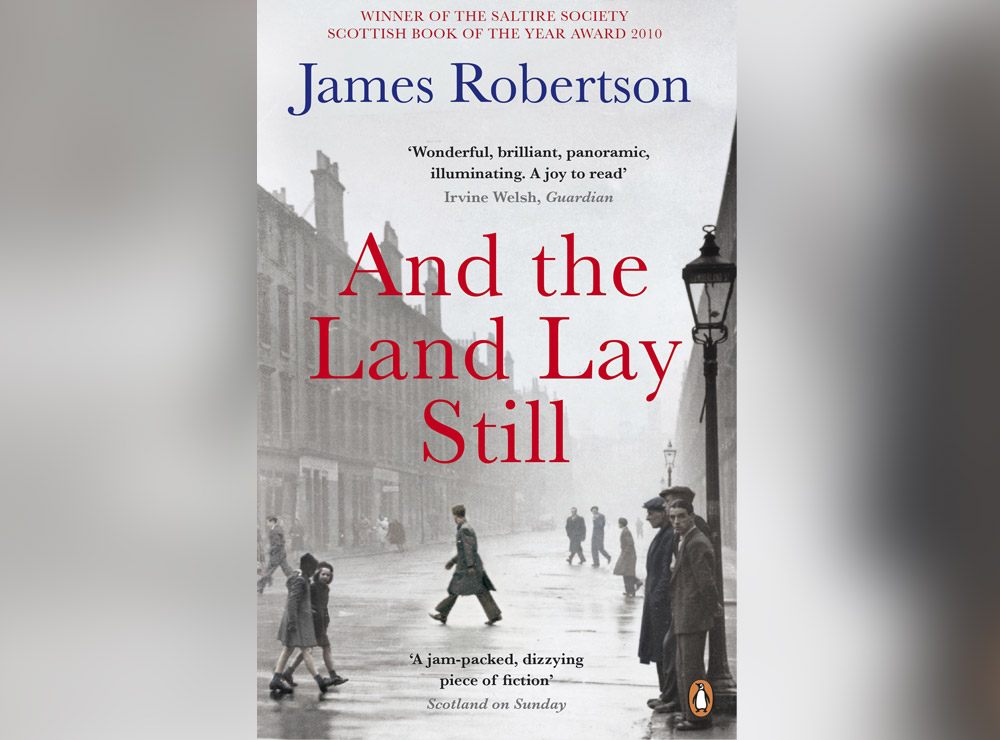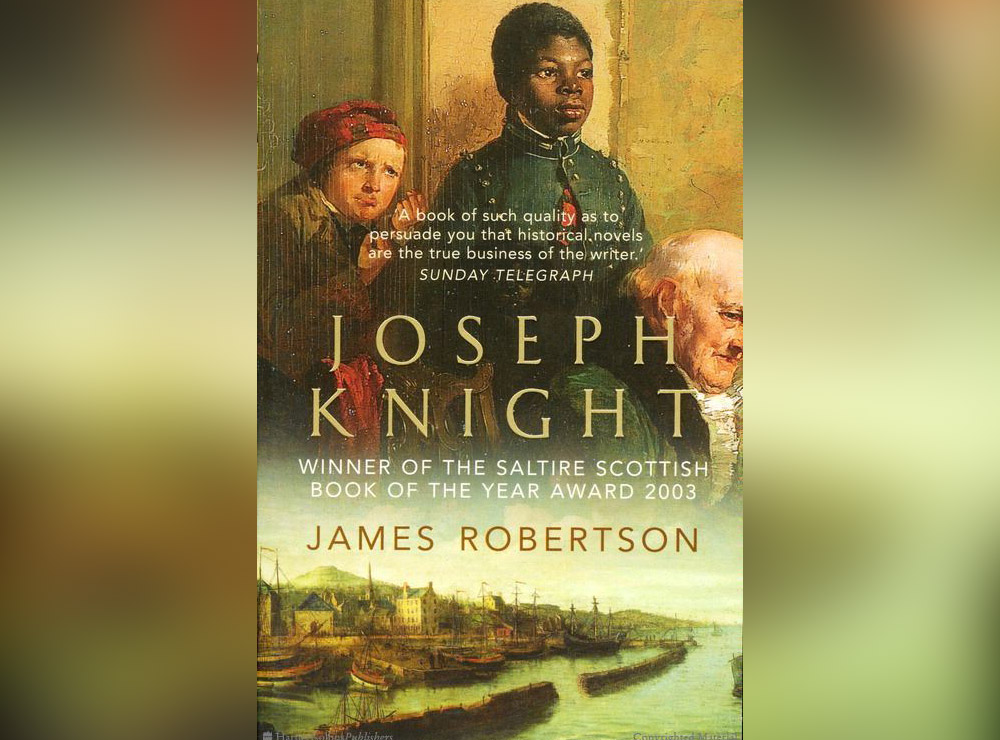Related Writers
Literature organisations
Discover more
Connections

Commissions
Take part in collaborative poetry project
Martin Jackson invites you to share your ideas on 'tutorials' using Google Docs

Beyond the page
The Limits and Possibilities of Digital Writing
Exploring the boundaries of what digital spaces can offer

Literature, Live
The Event's The Thing
A provocation from Jarred McGinnis

News
Apply for Collaboration Funding
Applications now open!





